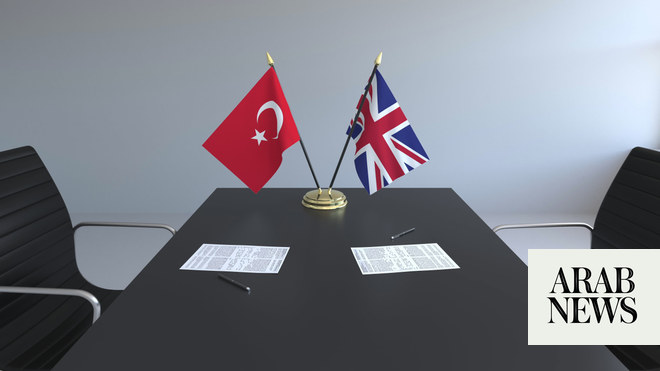
GlaxoSmithKline has joined other drugmakers in halting new clinical trials in Russia while still providing essential medicines to the country. Like others in the sector, it will push on with existing trials.
The war in Ukraine has affected hundreds of clinical trials there and in Russia, where pharmaceutical firms test new medicines on volunteers, often across many countries, before submitting the drugs to regulators for approval.
GSK said it would not start any new clinical trials and would not enrol new patients into existing trials in Russia, echoing steps taken others in the sector, including US firms Pfizer, Merck and Eli Lilly. GSK has already stopped advertising its products in the country and will donate any profits made there to humanitarian relief efforts.
Britain’s second-biggest drugmaker is trialling medicines from various therapy areas across its portfolio in Russia, because the country’s regulatory authorities require local clinical data to be included in the submissions of drugs for approval.
It employs 1,100 people in Russia and 400 in Ukraine, where it has paused trials and all other operations. Russia and Ukraine together account for 1% of its £34bn annual sales. GSK does not have any manufacturing sites in Russia or Ukraine.
AstraZeneca, Britain’s biggest pharmaceutical firm, is still conducting clinical trials of new medicines in Russia and Ukraine. It is evaluating whether to put a stop to new trials.
They include a trial of the combined use of its Covid-19 vaccine with the Russian Sputnik Lite jab, involving 100 volunteers in Russia and 100 volunteers in Azerbaijan. AstraZeneca, in partnership with Russia’s sovereign wealth fund and the Russian pharmaceutical firm R-Pharm, announced interim results of intermediate clinical trials to evaluate the safety of the combination in mid-February.
Sir Mene Pangalos, AstraZeneca’s executive vice-president of biopharmaceuticals research & development, said that it was important to push ahead with clinical trials.
“The most important thing for us is to keep our employees safe and to make sure the supply of medicines to all these countries remains so people don’t get sick,” he said.
“From a practical perspective, we have a lot of trials that are running in both Ukraine and in Russia. It’s trying to keep business continuity for those clinical trials which are important for patients and physicians but ultimately also important … [for] our research and development pipeline.”
Merck has stopped recruiting new patients in Ukraine and Russia, and ditched plans for any further studies. Switzerland’s Roche has 33 trials in Ukraine and is trying to provide treatment for these patients, including if they have left Ukraine and moved to other countries. It has paused new patient enrolment for its 71 trials in Russia, while US firm Johnson & Johnson is not recruiting new patients for trials in Russia, Belarus or Ukraine.
Pfizer said this week that it would no longer start new clinical trials in Russia, and donate all profits from its subsidiary there to Ukraine relief causes. The US drugmaker will continue to supply life-saving medicines to Russia as “a voluntary pause in the flow of our medicines to Russia would be in direct violation of our foundational principle of putting patients first”.
Eli Lilly said: “We also have suspended all investments, promotional activities, and new clinical trials in Russia, as well as the exportation of non-essential medicines to that country. Our Russian operations are now only focused on ensuring people suffering from diseases like cancer and diabetes continue to get the Lilly medicines they need.”












